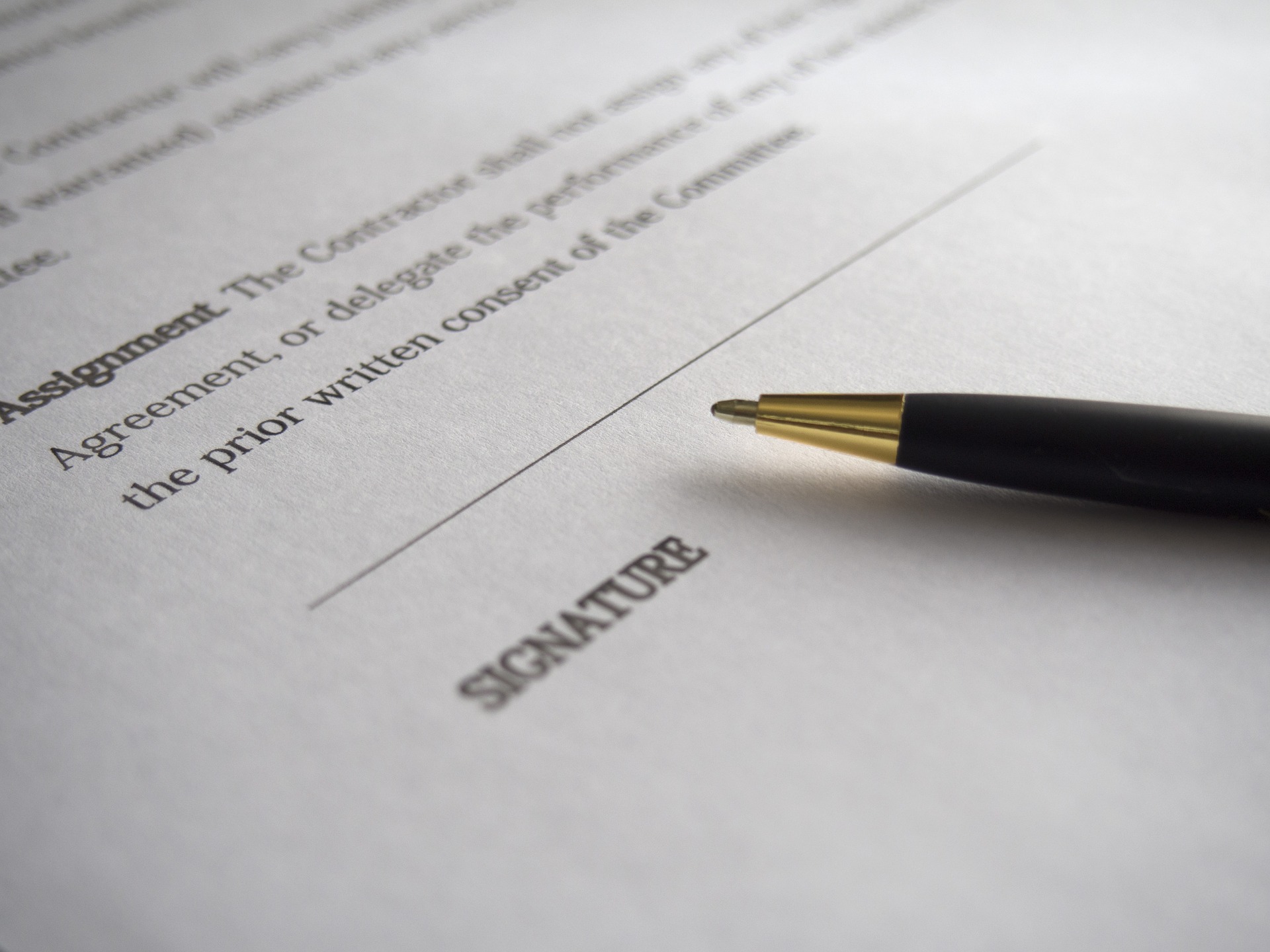
Electronic signature is a technical process by which a person (the signatory) legally evidences his/her valid consent in electronic format.
Monaco law introduced the principle of electronic signature in a law of 2 August 2011 on digital economy. The provisions were introduced under articles 1163-1 and following in the Monaco Civil code. The Monaco Civil code provides that an electronic signature shall have the same value as a handwritten (“wet ink”) signature, provided that the person from whom it comes can be duly identified and that the electronic version has been established and kept under conditions guaranteeing document integrity. The conditions of such “document integrity” were to be specified in a further implementing text – which finally came out with Monaco Sovereign Ordinances 6.525 dated 16 August 2017 and 6.700, 6.701 and 6.702 dated 7 December 2017.
While these implementing Ordinances define levels of guarantee and reliability for electronic identification, electronic signature, electronic seal, timestamps, trust services and trusted service providers, a number of uncertainties still remain. In particular the recognition as “trusted service provider” for reinforced reliability of electronic signatures is not yet in place in Monaco. This is a challenge for any company in the Principality wishing to adopt a zero paper policy and fully implement electronic signing for its documentation.


